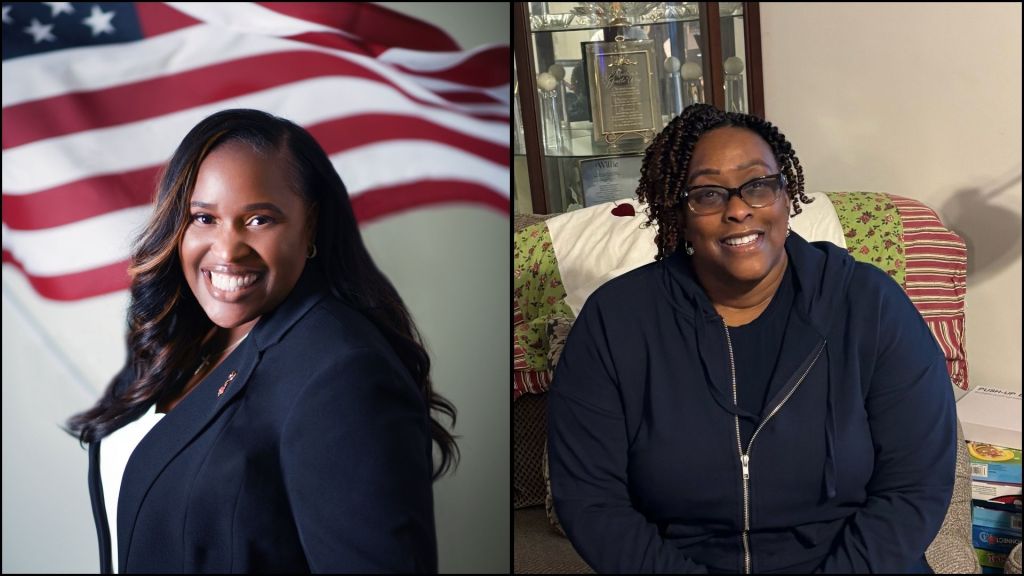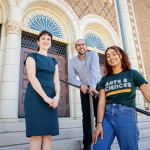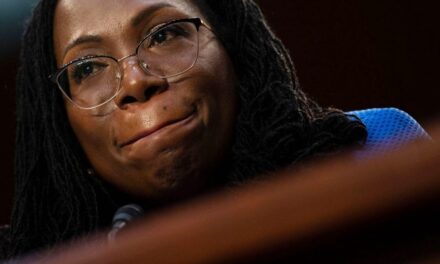By Tashi McQueen
AFRO Staff Writer
tmcqueen@afro.com
As March marks five years since COVID-19 arrived in the United States and began to shut down the country along with the rest of the world, community members shared their experience in the early days of the pandemic.
According to the World Health Organization (WHO), from the first week to the last week of March in 2020, the U.S. reported cases of COVID-19 increased drastically from 33 to 94,400.
States throughout the U.S. began to initiate lockdowns on March 15, 2020, according to the Centers for Disease Control and Prevention (CDC).
Katina Holliday, a resident of California and founder of Holliday Helping Hands

Photo Credit: Courtesy photo
Within the capacity of her organization Holliday Helping Hands, a minority-led nonprofit that helps people experiencing homelessness, Katina Holliday operated in the capacity of an essential worker beside her team as COVID-19 began to impact the U.S.
“There was a mask shortage; we had to reuse our masks,” she said. “We had to teach our staff how not to touch the front of the mask with the germs, spray them with Lysol put it in a plastic bag. It was a time of learning as we go, implementing things, researching, keeping up with the CDC.”
She said during that time, Los Angeles County officials contacted her about helping to get residents experiencing homelessness off the streets, so her team went to work.
“We started helping write policy and procedures,” said Holliday. “We ended up opening about five sites during COVID time, and we served over 1,000 people within our organization. During that time, I must say, we did not lose a life.”
Holliday shared what she learned from that time.
“We need each other to survive,” said Holliday. “We need community camaraderie. We need to feel wanted and loved.”
Though it was a sad and troubling time, Holliday reflected on how when people couldn’t be together, they persisted and found ways to still connect with one another in various creative ways.
Joy Harvey, a resident of Turner Station community in Dundalk, Md.

Photo Credit: Courtesy photo
During the early days of the pandemic, Joy Harvey said she had to deal with the unique policies around the death of a family member.
“My father had suffered from M.S. (multiple sclerosis),” said Harvey. “My mom found him gasping for breath and she called 911. He was in intensive care for a month. He had to have a tracheostomy and he already couldn’t walk because he had M.S.”
Harvey shared that her family was able to find a nursing home for him but within six months he died.
“Me, my siblings, my mom, grandchildren, great-grandchildren were all going back and forth to the nursing home without hesitation,” she said. “Then COVID came and they shut down the facilities and no one could come in. Within that month-and-a-half we weren’t able to see my father, he .”
Her father, Willie A. Curbean, died on April 30, 2020. Her family couldn’t have a regular funeral due to lockdown restrictions at the time.
“We only could have 10 people at the funeral,” said Harvey.
Harvey shared that she really leaned on her faith and close-knit family during that time.
“I believe in what the word says,” said Harvey. “Everything is done for a reason and a purpose.”
The post COVID-19 reflections: Navigating loss and unity together appeared first on AFRO American Newspapers.









